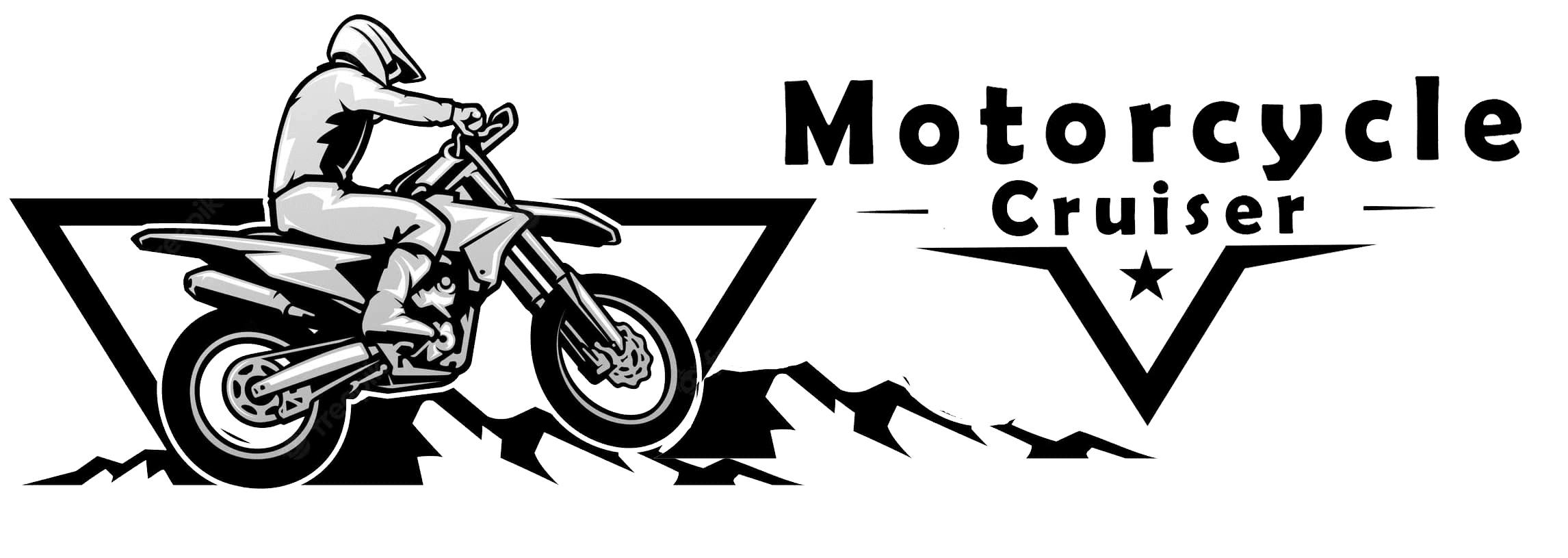Choosing the right motorcycle for your needs and lifestyle is a crucial first step in your riding journey. Consider the following factors when selecting your ride.
Determine Your Riding Style
Different types of motorcycles cater to different riding styles. If you’re into long-distance touring, a cruiser or touring bike would be suitable. For city commutes, a standard or dual-sport motorcycle can be a good option. If speed and performance are your preference, consider sport bikes.
Consider Your Experience Level
As a beginner, opt for a motorcycle with manageable power. Lightweight, lower-powered bikes are more forgiving for novices. As you gain skills and confidence, you can gradually upgrade to more powerful models.
Start with a Beginner-Friendly Motorcycle
As a beginner, it’s advisable to start with a bike that’s easy to handle and forgiving of the occasional newbie mistake. These bikes usually have a lower seat height for better control, are lightweight for easy maneuverability, and have a modest engine size to prevent overwhelming power.
Gradually Upgrade as You Gain Experience
As you become more comfortable and gain more experience on the road, you might want to upgrade to a motorcycle with more power and advanced features. This could be a motorcycle with a larger engine, more high-tech safety features, or one designed for a specific type of riding like touring or off-roading.
Consider Advanced Rider Courses
Even as an experienced rider, there is always room for improvement. Consider taking advanced rider courses that can provide you with additional skills and techniques. This will not only enhance your riding experience but also contribute to your overall safety on the road.
Fit and Comfort
Ensure the motorcycle fits you well. You should be able to touch the ground with both feet when seated. The handlebars and controls should be within easy reach. Comfort is crucial, especially for long rides.
Consider the Seat Height
The height of the seat plays a significant role in a rider’s comfort and control over the bike. As a rule of thumb, when seated on the bike, you should be able to place both feet flat on the ground, which provides stability when stopping or parking.
Evaluate the Riding Position
Motorcycles come with varying riding positions, each with its own impact on your comfort levels. For instance, sport bikes often have a forward-leaning position, while cruisers typically feature a more laid-back posture. Choose a ride that aligns with your physical condition and comfort preferences.
Prioritize Suspension Quality
Good suspension can greatly impact the comfort of your ride, especially over longer distances or rough terrains. It’s essential to choose a bike with high-quality suspension that can absorb road bumps and ensure a smoother ride. The ability to adjust the suspension to your weight and riding style is also a valuable feature to consider.
New vs. Used
When it comes to buying a motorcycle, one of the first decisions you’ll need to make is whether to purchase new or used. Both options have their advantages and disadvantages.
New Motorcycles
New motorcycles come with the latest technology, full warranty, and are less likely to have mechanical issues. They offer peace of mind knowing that they haven’t been mishandled or poorly maintained. However, they are more expensive, and their value depreciates rapidly in the first couple of years.
Used Motorcycles
Used motorcycles, on the other hand, are more affordable and offer a lower depreciation rate. They could also come with aftermarket upgrades saving you from additional expenditures. Nonetheless, they might carry potential mechanical problems and usually do not come with a warranty. It’s crucial to have a trusted mechanic inspect a used bike before purchase to avoid expensive surprises.
Ultimately, the decision comes down to your budget, mechanical knowledge, and how you intend to use the bike.
Budget
When budgeting for a motorcycle, it’s essential to consider not only the upfront cost of the bike, but also ongoing expenses such as insurance, maintenance, fuel, and gear. Be sure to factor these into your calculations to avoid any financial surprises down the road. Remember that purchasing a motorcycle is a significant investment, and it’s crucial to ensure you can comfortably afford it without straining your finances. It may also be worth considering financing options or saving up for a larger down payment to reduce the burden of monthly payments.
In conclusion, choosing the right motorcycle involves careful consideration of your riding needs, experience, comfort, and budget. Remember, what works for one rider might not necessarily work for you. Take your time, do your research, and make an informed decision. Happy shopping!
